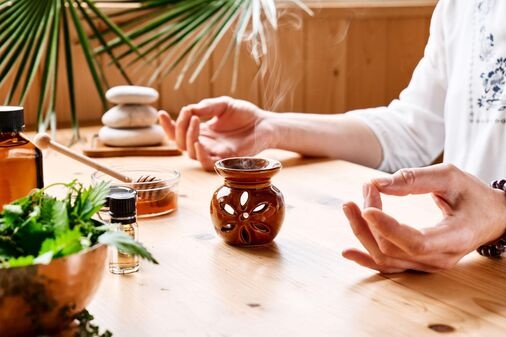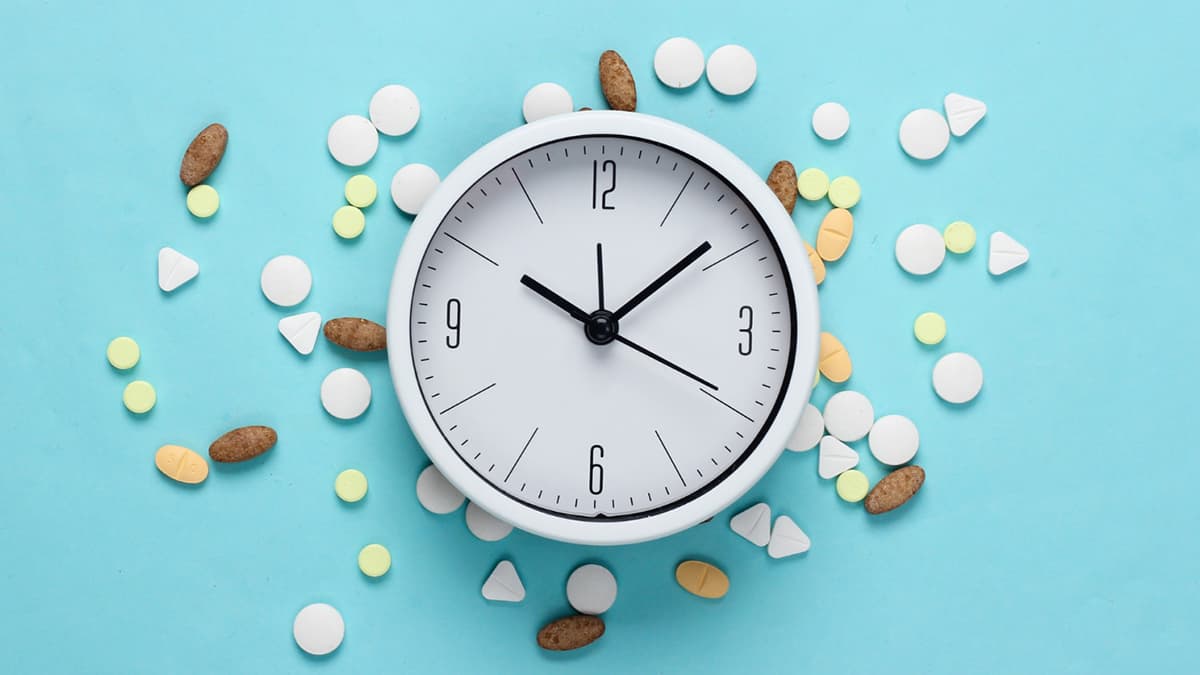In our fast-paced world, the prevalence of mental health challenges such as anxiety and depression has become an increasingly important topic. Knowing the differences between these conditions and their treatments can be a valuable asset in fostering better mental health.
In this comprehensive guide, we will explore the fundamental characteristics of anxiety and depression while providing guidance on effective strategies to manage their symptoms.
What is Depression?
Depression is a mood disorder characterized by persistent feelings of sadness, hopelessness, and apathy that last for an extended period. Often accompanied by physical symptoms like changes in appetite or sleep patterns, depression can make daily tasks feel extremely difficult.
What is Anxiety?
Anxiety, unlike depression, functions as the body’s natural response to stress or perceived threats. It can manifest in symptoms such as rapid heart rate, increased sweating, and feelings of nervousness. Anxiety isn’t inherently negative, but it can be if it affects your quality of life.
What is the Difference Between Depression and Anxiety?
In examining the differences between depression and anxiety, it is crucial to recognize that these conditions are separate but often related mental health issues, each with distinct symptoms.
For example, depression typically manifests in low mood and energy levels, leading to feelings of hopelessness and disinterest in once-enjoyed activities. But anxiety presents with worry or fear about future events and triggers symptoms like restlessness or rapid heart rate.
Nevertheless, it is not uncommon for individuals to experience both conditions at once, which is also called comorbidity, making it essential to approach treatment with a holistic mindset.
Fortunately, you can treat anxiety and depression in similar ways. For example, delta-8 gummies taken in proper doses can help to relieve anxiety because THC and CBD appear to have antidepressant-like effects. With that said, speak to a medical professional before using THC/CBD oil or gummies.
7 Ways to Treat Anxiety and Depression
If you’ve been diagnosed with anxiety, depression, or both, or you feel your symptoms coincide with either disorder, you can use the following tips to help improve your mental health.
1. Speak to a Health Professional
Consulting a mental health professional, such as a psychologist, psychiatrist, or therapist, is vital for appropriate diagnosis and support in managing anxiety and depression symptoms. Depending on your symptoms, you shouldn’t manage these disorders solely on your own.
2. Medications
Antidepressants or anti-anxiety medications prescribed by a healthcare provider can help regulate mood and reduce the severity of symptoms for many individuals. In fact, medication is almost always necessary to treat depression because they increase neurotransmitters.
3. Talk Therapy
Cognitive-behavioral therapy (CBT) or other forms of talk therapy are beneficial in addressing negative thought patterns and developing healthy coping mechanisms to manage everyday stressors. CBT can also help if you’re neurodivergent (i.e. if you have autism or ADHD).
4. Lifestyle Changes
Prioritizing regular exercise, adopting a balanced diet, and ensuring sufficient sleep can contribute significantly to one’s overall well-being and mood regulation. Having a stable routine is important when you’re dealing with emotional upheaval, as it provides a sense of normalcy.
5. Support Groups
Attending group therapy sessions or local support groups offers the opportunity to share experiences with others facing similar challenges, which may foster feelings of connection and understanding. Make sure you find a group that wants to bring out the best in you.
6. Mindfulness Techniques
Practicing mindfulness meditation or deep breathing exercises can help alleviate stress by fostering present-moment awareness rather than getting caught up in racing thoughts. If you’re new to meditation, consider looking up some tutorials on YouTube or getting help from a yogi.
7. Self-care Routines
Intentionally dedicating time to self-care activities like journaling, reading, or spending time in nature can help boost mood levels while reducing symptoms related to anxiety and depression over time. You could also include THC or CBD in your routine under the direction of your doctor.








Leave a Reply
You must be logged in to post a comment.